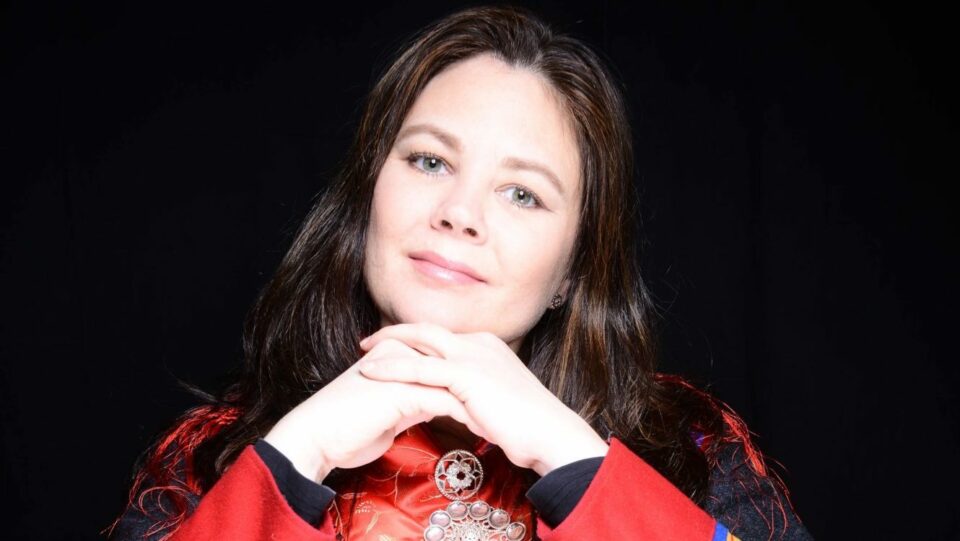Indigenous Feminisms Series: Orality, Image, Film, Text
Ellen Marie Jensen
Life Stories of Early Twentieth Century Sámi Immigrant Women Across Media:
Orality, Image, Film, Text
Presentation by Ellen Marie Jensen (UiT)
Followed by Film Screenings and Reception
The literature for inclusion initiative (Literature House in Trondheim) in collaboration with Amanda Fayant (UiT) and Libe García Zarranz’s project TransLit (NTNU) are delighted to invite you for an event with Ellen Marie Jensen (UiT) on Indigenous feminisms and film.
Ellen Marie Jensen is a dual US/Norwegian citizen and coastal Sámi from Finnmark Province. She is a PhD candidate in Literature and Culture (Sámi and Indigenous Research Project) at UiT, The Arctic University of Norway, and will defend her dissertation in the spring of 2019. Jensen holds a Master in Indigenous Studies, a Master of English Literature, and a BA in Women’s Studies and has studied North Sámi. She has held lecturer positions in Indigenous Studies and English, and has also taught English in lower-secondary school. She has presented widely to academic and general audiences on Sámi culture, Sámi trans-Atlantic migration, and contemporary Sámi American identity and subjectivity. Jensen is the author of We Stopped Forgetting: Stories from Sámi Americans (2012), and the editor of What We Believe In: Sámi Religious Experiences and Beliefs from 1593-Present (2015).
PhD candidate Ellen Marie Jensen’s dissertation Diasporic Indigeneity and Storytelling Across Media: A Case Study of Narratives of Early Twentieth Century Sámi Immigrant Women makes visible and audible the obscured history of Sámi migration to North America. The five women migrated from Norwegian Sápmi to the USA between 1902-1917 at a time when the Sámi were under increasing colonial duress from the implementation of the policy of Norwegianization. Through an Indigenous methodological and trans-Indigenous approach to research and writing, the life narratives took shape through collaborative, community-based, and inter-generational storytelling. The main storytellers were the women’s Sámi American grandchildren who shared family oral tradition alongside historical photographs and family material culture. The five life narratives illustrate that early twentieth century Sámi women were agents of history and lived Gerald Vizenor’s oft-cited cultural concept of survivance: a quality or condition of living creatively under domination.
Series supported by the research groups Indigenous Topics in the Classroom and the Decolonial Research Network at NTNU.
The workshop will be in English.
All welcome!
Dato
15. mar 2019
Tid
16.00 - 18.00
Sted
Trondheim folkebibliotek, Magistratsalen

